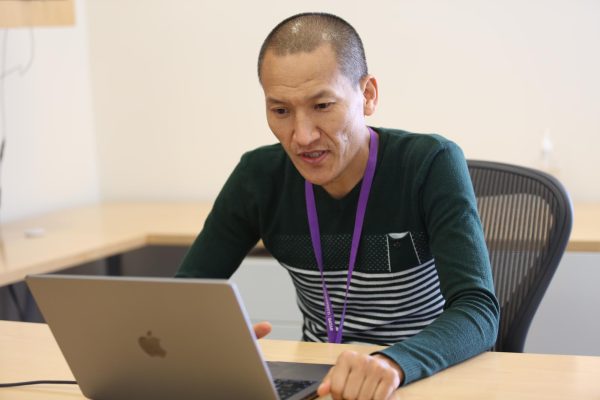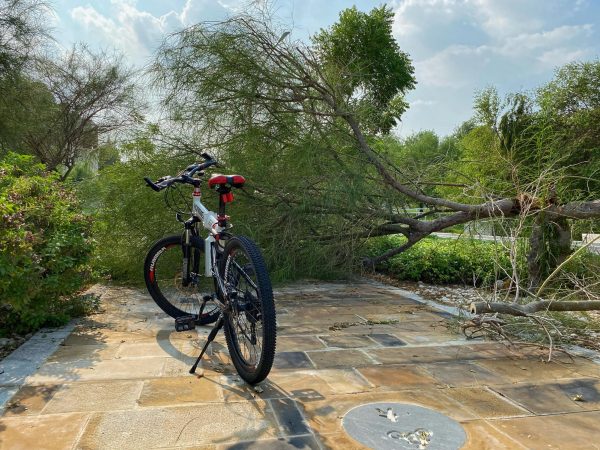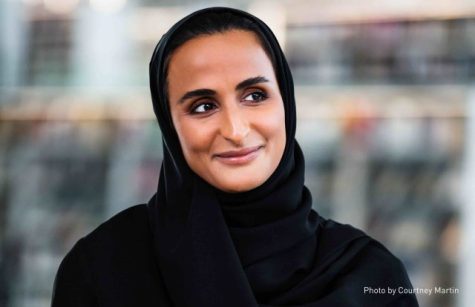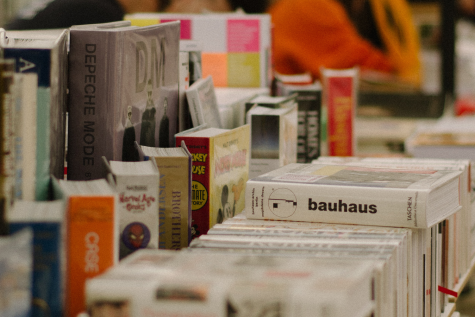Doha News readers concerned over ownership change
Please note that this article is three years old. Abhishek Dinman is no longer affiliated with Star Reputation Consulting Ltd.
Residents of Education City and the wider Doha community are concerned what the change in Doha News’ leadership could mean for the organization moving forward.
On Oct. 9, the news publication took to social media to announce the changes to its ownership and editorial board, almost a year since the Doha News website was blocked across the country by local telecommunication providers, Vodafone and Ooredoo.
According to the announcement, the publication had been experiencing financial difficulties, which made operating it no longer feasible under its original leadership.
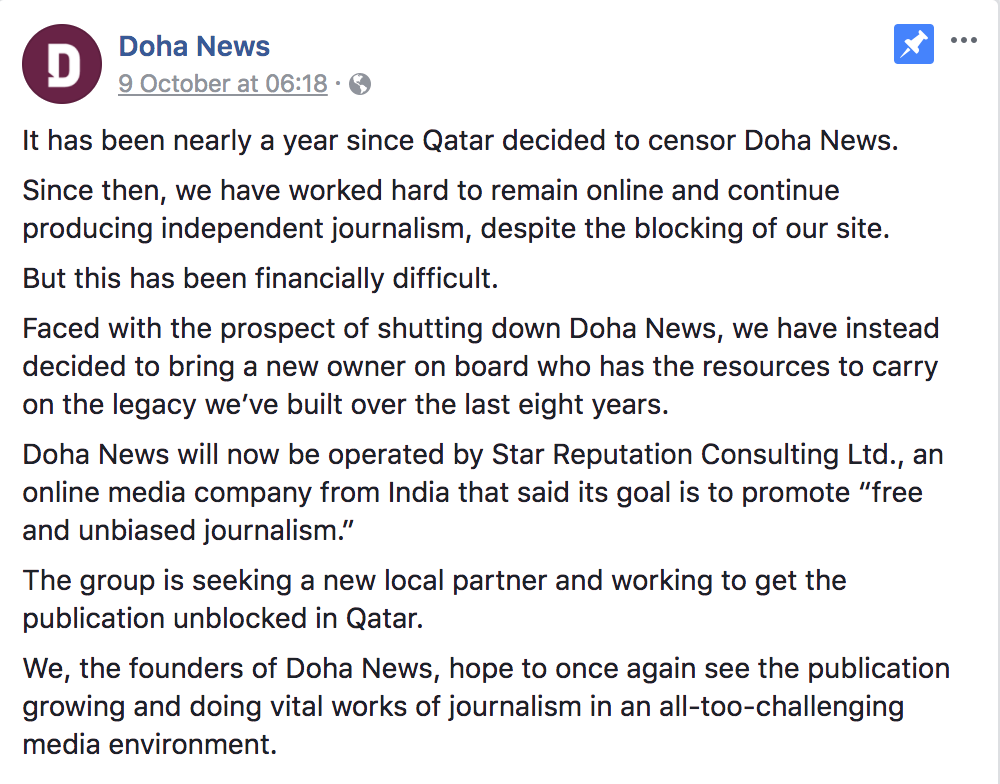
The website was blocked on Nov. 30, 2016. According to Shabina Khatri, co-founder of Doha News, the Government Communication Office told the organization that it did not have the commercial and news licenses required to operate within the country.
This was confirmed in statements sent to Doha News by Ooredoo and Vodafone.
“We told them we were working with a Qatari partner and using his commercial registration. He’s allowed to operate without a news license because, in Qatar’s laws, there is no digital news category,” Khatri said.
Doha News was part of a network of media companies that operated under the ILoveQatar Network, relying on the latter’s licenses to do business in the country.
Khalifa Al Haroon, CEO of the ILQ Network, said that his advertising network owns licenses for marketing, advertising, events management, public relations, videography and content creation, which cover ILQ and other companies that work under it.
“The issue, as explained to me, was that Doha News had grown into more than just a blog. It was a full-fledged news outlet, and thus, they required to be registered as one,” Al Haroon said.
However, Khatri said she believes that the licensing claim was an excuse to censor the publication because it had posted controversial articles. These include articles written by a Qatari man who identifies as gay and a Qatari citizen who was denied permission to marry a non-Qatari by the government. Both pieces were published in the months leading up to the blocking of the site.
The block was covered by multiple international media organizations.
“This is an alarming setback for freedom of expression in the country. Deliberately blocking people in Qatar from accessing a legitimate news website would be an outright attack on media freedom,” said James Lynch, Amnesty International’s deputy director for global issues, in an article published by the non-governmental organization.
The blocking is also inconsistent with the ideas of media freedom promoted by the International Press Institute’s World Congress in 2016, which was held in Qatar under the theme of ‘Journalism at Risk,’ according to Steven M. Ellis, the director of advocacy and communications at IPI.
“The people of Qatar deserve to be able to share and receive information freely, and to hear voices independent from the mainstream,” Ellis said in an article published on his organization’s website. “The block on Doha News directly interferes with that right and we urge authorities to lift it immediately.”
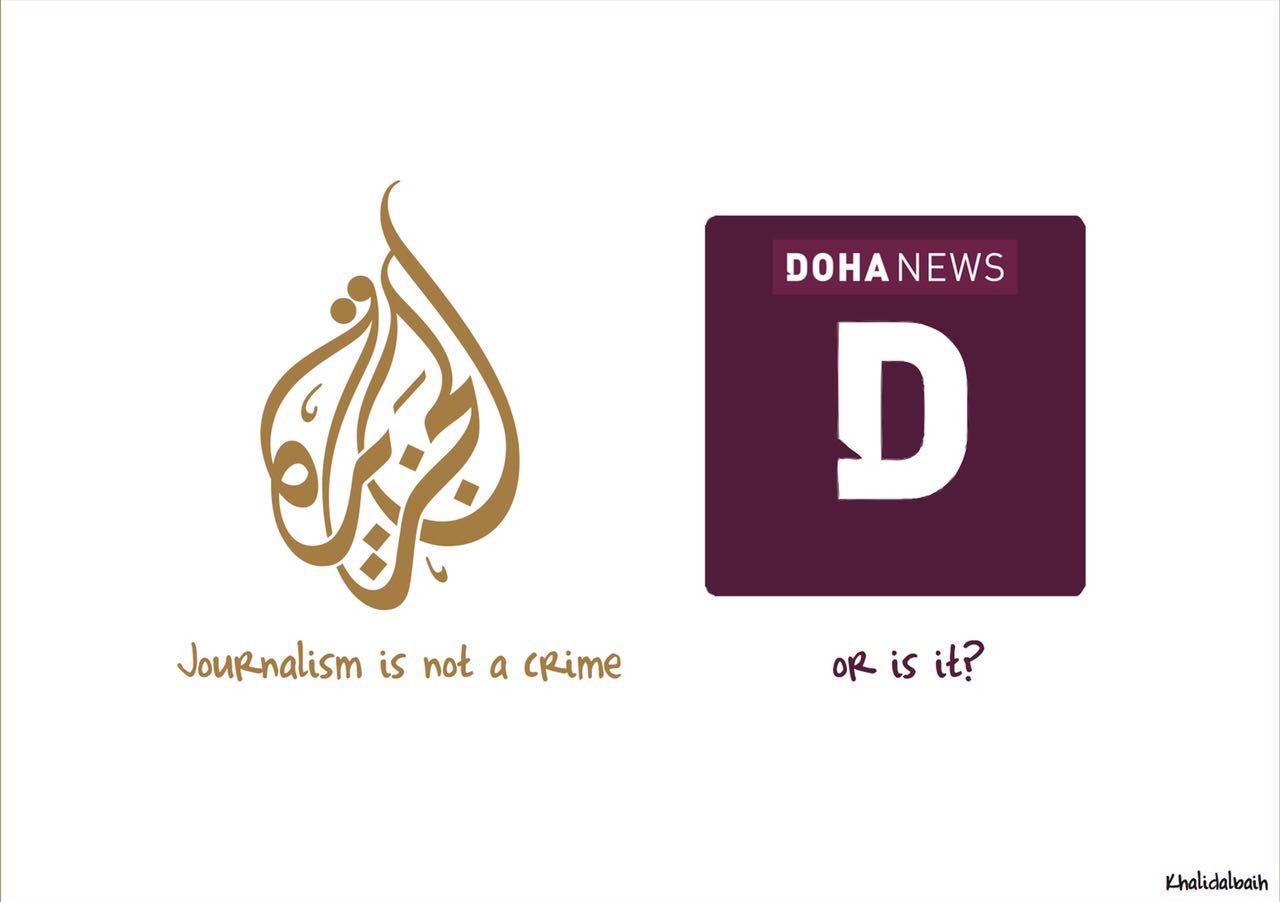
After it was blocked, users could only access the Doha News website using a virtual private network, a proxy service that allows users to access blocked websites through an IP address based outside of the country. Doha News later started an account on Medium, an online publishing platform, through which local audiences could continue to access the publication’s stories without using a VPN. In June 2017, Khatri and her husband and site co-founder, Omar Chatriwala, moved abroad and limited the number of stories written by their journalists still based in Qatar, in the hope that the licensing conflict would no longer stand.
Despite continuing to publish, the fact that Qatari residents could not directly access the site without a VPN made the website financially difficult to sustain, according to Khatri. Doha News was mostly funded through advertising revenue, she said. Their revenue drastically dropped after the website was blocked, forcing Khatri and Chatriwala to fund more from their own pockets.
After almost a year of this arrangement, Khatri and Chatriwala decided to sell the publication to Star Reputation Consulting Ltd., an online media company, who they began discussions with a month after the website was blocked. The India-based company is currently seeking a local partner in Qatar to help unblock the publication, according to the announcement.
In an email sent to The Daily Q, Abhishek Dinman, the CEO of Star Reputation Consulting Ltd., said that the company will now be looking to register Doha News as a local company and apply for the necessary licenses to continue upholding the news site’s philosophy of independent reporting.
Doha News posted two social media statuses on Oct. 27 and 28, 18 days after the change in ownership was announced. The first one was a photo of Hassan Al Thawadi, the secretary general of Qatar’s Supreme Committee for Delivery & Legacy. Its caption stated: “Hassan Al Thawadi says FIFA 2022 will benefit India economically. India important part of Qatar culture.”
Commentators and readers reacted with disappointment.
“Doha News now changed to India News,” said one Facebook commentator, going by the username Adnan Khan.
Commenter Waks K Talif said, “I see the new Indian owners are directing the editorial line.”
The second post was a picture of a traffic camera, captioned, “Better drive under speed limits. Obey traffic rules! Mobile radars on 7 Qatar roads to spot defaulters!”
Similarly, many commenters were not happy.
Facebook user Sam Brooks commented, “Is this the sort of quality article we can expect with the new management?”
Another user named Sadie Packer said Doha News was now nothing but a comedy site. One commentator with the username Paul Rudd emphasized the post’s obviousness by commenting, “CAUTION! Roads wet when raining.”
Members of Education City’s community have mixed reactions to the change in ownership.
“If they’re too independent they will shut down again, and if they follow the regulations normally, they will become like every other news organization,” said Mariam Kamal, a freshman at Northwestern University in Qatar. Kamal added that the publication’s greatest strength was that “people know Doha News for not being afraid of telling the truth.”
According to Mary Dedinsky, director of the journalism and strategic communication program at NU-Q, the departure of Doha News’ previous editorial team is “a huge loss for independent journalism in Doha.”
Andrew Mills, associate professor of journalism at NU-Q, said he thinks there will be challenges for the India-based company to operate in Qatar beyond licensing restrictions. “The Qatar media is pretty unique and you can’t apply a whole lot of experience from elsewhere here. So that’s a huge challenge for them,” he said.
Shakeeb Asrar, NU-Q alumnus and previous editor-in-chief of the Daily Q, said Doha News produced articles that were “informative and attempted to conveys news in an objective manner – showing various sides.” He added that the change in leadership is “pretty sad for journalism in the country, because despite its pros and cons, Doha News was unique from all other newspapers in Qatar as it provided unbiased news.”
However, Asrar added he remains hopeful for Doha News’ journalistic future. “It’s too early to judge the new management,” he said. “We need to give them some time and hopefully we might see similar quality content on Doha News as before.”
However, some students said they are already unimpressed with the quality of work produced by Doha News’ new editorial team.
“Their first story after being bought by an Indian company is about India. This is the last thing any sane person would do if they feared seeming biased or cared for the reputation of their journalistic integrity,” said Hazar Al-Kilani, a journalism sophomore at NU-Q.
Adam Abou-Gad, an NU-Q alumnus, agreed. He added that Doha News has become “hilariously dreadful. The recent ‘articles’ they’ve posted on their Facebook page are evident of that.”
For Khatri, the farewell to Doha News is a bittersweet one. She started the publication eight years ago when she was pregnant with her first child and frustrated at the lack of proper independent journalism in the country. She and her husband then grew the organization from a Twitter account to a full-blown website that reached more than a million unique visitors a month.
Khatri and Chatriwala moved to Virginia in the United States in June 2017. They will now continue to work there, Chatriwala as a director of breaking news video at Circa News, an American online news and entertainment service, and Khatri as a freelance journalist.
“Even though our chapter with Doha is coming to an end, I do think that Qatar is special in the Gulf in terms of the openness it had and the perspective it had in allowing people to speak on social media and share their views,” Khatri said. “It is a special place and I really hope that the people who run Qatar don’t take that away.”
She added that media institutions within Qatar, such as NU-Q, also have a role to play in ensuring that free speech is not diminished in the country.
“Even though Qatar is under a very stressful time right now, with this blockade, this is a chance for Qatar to show that it’s not like everybody else. And if it’s gonna fight for Al Jazeera and press freedom, then it has to also be fair to local organizations,” she said.
In a statement to The Daily Q, Nanci Martins, director of communications and public affairs at NU-Q, said: “Northwestern University in Qatar has, since its establishment in 2008, been an outspoken advocate for media freedom. In fact, the work it has done over the past decade—from educating future media leaders to conducting critical research on media freedom—are indicative of this commitment. Our graduates and students are working in media outlets that include Al Jazeera as well as the Associated Press and The Washington Post, and our research on media in the Middle East is used and quoted daily by scholars and the news media. This is the role of a university—to educate and conduct research. And, while we support media across all platforms and encourage the media to be truthful, fair, and accurate, we do not, as a university, engage in the business operations of any media outlet.”
Please note that this article is three years old. Abhishek Dinman is no longer affiliated with Star Reputation Consulting Ltd.




